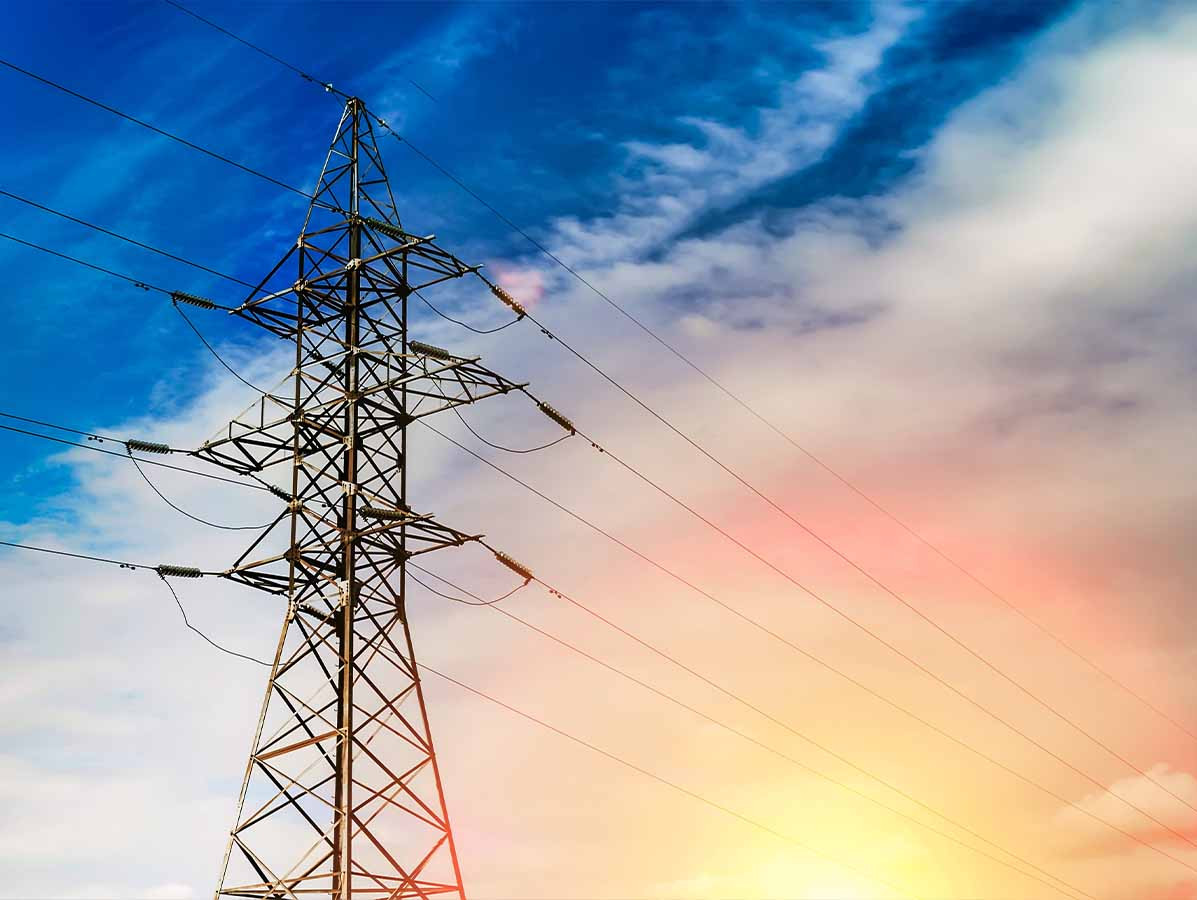
Despite maintaining a stable electricity consumption compared to a decade ago, the Netherlands is grappling with severe net congestion. This congestion is hindering opportunities for new establishments and expansions of organizations. How has this issue evolved, and what measures are in place to address it? Rabobank provides insights.
The electricity network comprises three layers: high-voltage networks, medium-voltage networks, and low-voltage networks. While the capacity of each level increases, it does not do so proportionally. The rise of electric cars, heat pumps, and solar panels has disrupted the power increase pattern. The current infrastructure is not designed to accommodate the higher capacities and simultaneous load variations resulting from these changes.
The energy transition has led to an increase in devices with higher capacities and simultaneous loads, particularly noticeable in the high-voltage network. Overloading can result in power outages. Net operators underestimated the speed of the energy transition, partly due to changes in government policy and a focus on minimizing costs.
To identify congestion, net operators assess current and anticipated loads. If these exceed the maximum capacity, net congestion occurs. Government subsidies and policy changes have expedited the energy transition. However, adjustments to the infrastructure require substantial time and funding. Minister Jetten has announced unconventional measures, such as permit-free infrastructure reinforcement and increased investments. Companies with a capacity of 1 MW may be obligated to offer flexibility, enabling congestion management.
Companies in congested areas are advised to contact their net operator. Alternative transport contracts, like non-firm ATOs, offer possibilities. Energy hubs and group ATOs promote more efficient use of existing capacity. Batteries may help in some cases, but the business case is uncertain and could exacerbate problems.
The net congestion issue in the Netherlands demands immediate attention and action. Both the government and net operators are working towards solutions, but the challenges are substantial, requiring a collective effort from all stakeholders. It is crucial for businesses to proactively anticipate potential limitations and explore solutions to remain resilient in the evolving electricity landscape.
Source: Rabobank